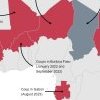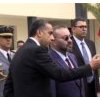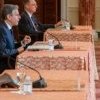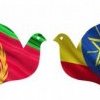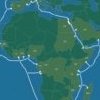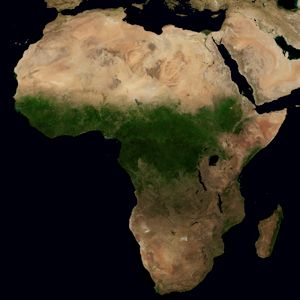Themes
AfriCom: Control of Africa
By 2013, one quarter of the oil and raw materials consumed by the United States should come from Africa. On the basis of that consideration, a U.S.-Israeli think tank, the Institute for Advanced Strategic & Political Studies (IASPS), recommended the creation of a U.S. military command for Africa: AfriCom. It was inaugurated at the end of the Bush Administration and placed under the command of Afro-American General William E. Ward, former coordinator for security between Israel and the Palestinian Authority.
The announcement of its creation gave rise to a wave of resistance in Africa. No African state was willing to host it and AfriCom ultimately set up base in Germany and Italy.
AfriCom’s build up should crystallize around the U.S. base in Djibouti, where Israeli troops are already stationed, while control of the Gulf of Guinea may constitute another strategic focus. For diplomatic reasons, AfriCom will probably start out as a network of small bases, rather than a display of big installations.
Washington should take measures to show a more conciliatory façade, such as accepting China’s exploitation of Sudan’s oil fields, thereby halting that country’s destabilization.
Simultaneously, France should reduce its military presence, share it with other countries of the European Union, and engage it in the peace-keeping operations of the African Union. Paris still has a contingent of 9’000 men on the ground, stationed in the Ivory Coast, Senegal, Gagon, Central African Republic, Chad and Djibouti.
